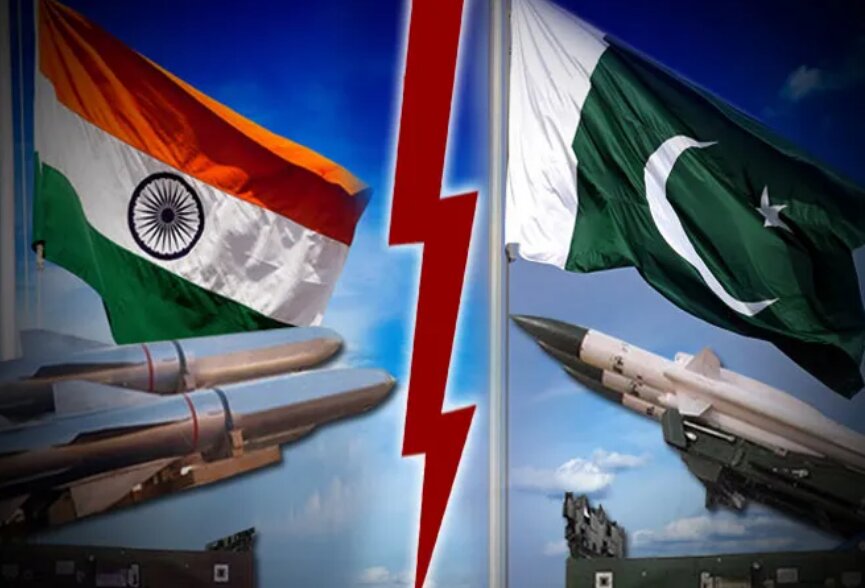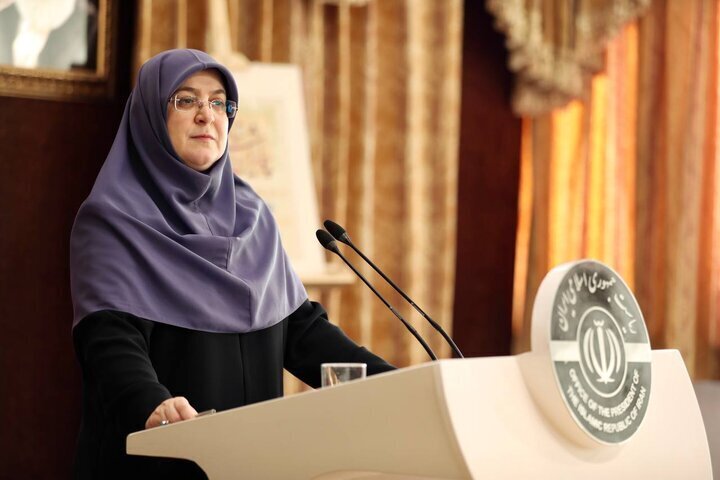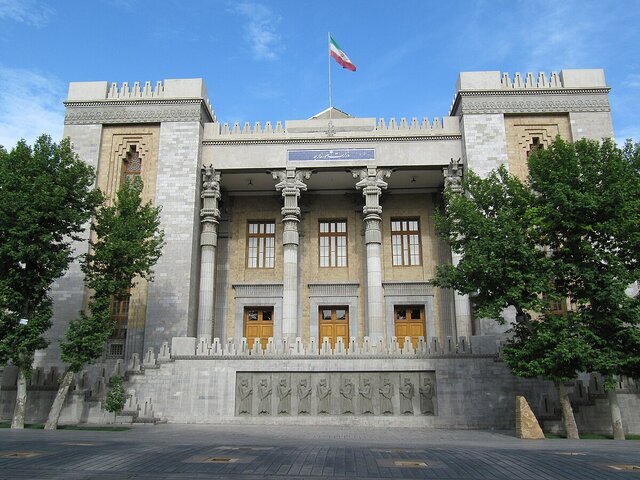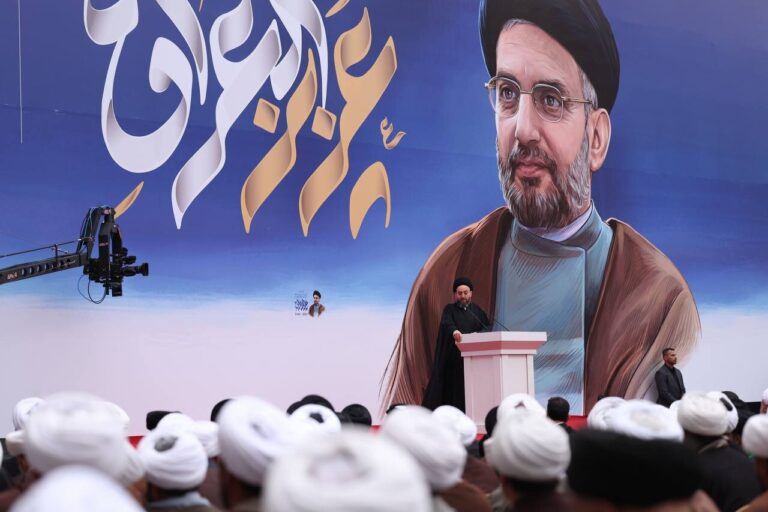South Asia’s Nuclear Neighbors on the Brink: A Rising Tension Threatening Stability
The ongoing military clashes between India and Pakistan are raising serious concerns about the potential for a full-scale war between these two nuclear-armed nations. The recent escalation was sparked by a tragic attack in Pahalgam, located in Indian-administered Kashmir, on April 22, where a devastating terrorist attack claimed the lives of 26 individuals, primarily Hindu tourists. India has accused Pakistan of involvement, a claim that Islamabad has firmly denied, urging for an impartial investigation.
This flare-up poses significant risks to regional security and has drawn international attention and concern. In the early hours of Wednesday, India initiated “Operation Sindoor,” executing targeted missile strikes aimed at what it described as “terrorist infrastructure” within Pakistan’s Punjab province and the Pakistani-administered region of Kashmir. These strikes reportedly resulted in 26 fatalities in Pakistan. India asserted that the missile strikes were “focused, measured, and non-escalatory,” intentionally avoiding Pakistani military installations to avert further escalation.
Pakistan responded by claiming it had shot down five Indian Air Force jets during the ensuing exchanges and reported civilian casualties, including women and children. Pakistani officials condemned the strikes as “an act of war.”
Since the initial strikes, both nations have engaged in cross-border shelling, causing residents to seek shelter amid the explosions. The situation has escalated to the point where Srinagar airport in Indian-administered Kashmir has been shut down to civilian flights, and commercial airlines are now avoiding Pakistani airspace, reflecting the heightened alertness in the region.
Global Diplomatic Reactions
The international response to this conflict has been swift and urgent. The UN Security Council convened to call for maximum restraint from both India and Pakistan. Key global players, including the United States and China, are advocating for immediate dialogue between the two nations. Russia has offered to mediate, leveraging its historic defense ties to India, while the European Union has expressed concerns regarding the humanitarian implications of the conflict.
Iran has also stepped in, calling for de-escalation and expressing anxiety over the conflict’s potential consequences in a region already fraught with tension. In a proactive move, Iran has dispatched its foreign minister to both Pakistan and India to facilitate dialogue.
In a contrasting stance, Israel has publicly expressed its support for India, asserting that India has the right to defend itself against threats.
Beyond humanitarian concerns, global security analysts warn that escalating tensions could reignite other international flashpoints, such as Taiwan, the Korean Peninsula, or the Eastern Mediterranean. This highlights the potential for regional disputes to escalate into larger international crises, particularly in the absence of an effective global response.
Immediate Economic Disruptions
In addition to geopolitical concerns, the conflict has triggered significant economic volatility, especially for Pakistan. Following India’s military actions, the Karachi Stock Exchange plummeted by 2,000 points within hours, reflecting investor panic. Although India’s markets remained resilient initially, a prolonged conflict could jeopardize recent economic gains. Historical data indicates that even minor military skirmishes have cost India and Pakistan approximately $1.8 billion and $1.2 billion, respectively, due to capital flight and currency depreciation, as seen during the 2001–2002 standoff.
Broader Regional and Global Implications
The clashes between India and Pakistan threaten to destabilize South Asia, home to over 1.8 billion people and crucial global economic corridors. The conflict’s potential to disrupt international trade routes and energy supplies could have far-reaching effects, particularly on global commodity prices, including oil.
Moreover, the rising military tensions heighten the risk of catastrophic misunderstandings between these two nuclear-armed nations. To mitigate the potential for a broader conflict, international stakeholders, including the UN and major powers, are urging both sides to prioritize de-escalation and open lines of communication.
The economic ramifications of the conflict may extend beyond the immediate region, impacting international markets due to supply chain disruptions, refugee flows, and investor uncertainty.
Operation Sindoor serves as a poignant reminder of how swiftly conflicts can escalate between two long-standing rivals. It disrupts civilian life, threatens regional peace, and places significant fiscal burdens on both nations, particularly Pakistan. The global calls for restraint emphasize the urgent need for diplomatic engagement to avert further deterioration and to protect economic and security interests in South Asia.






